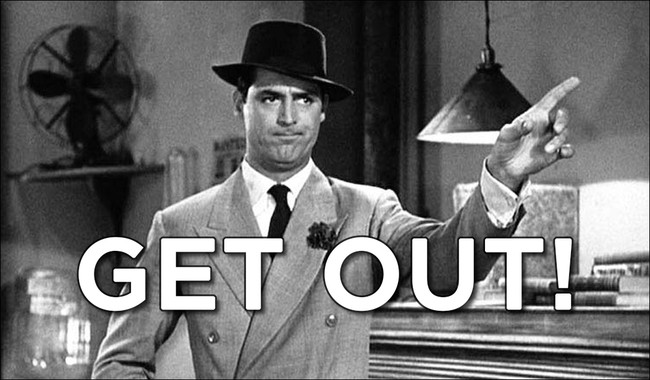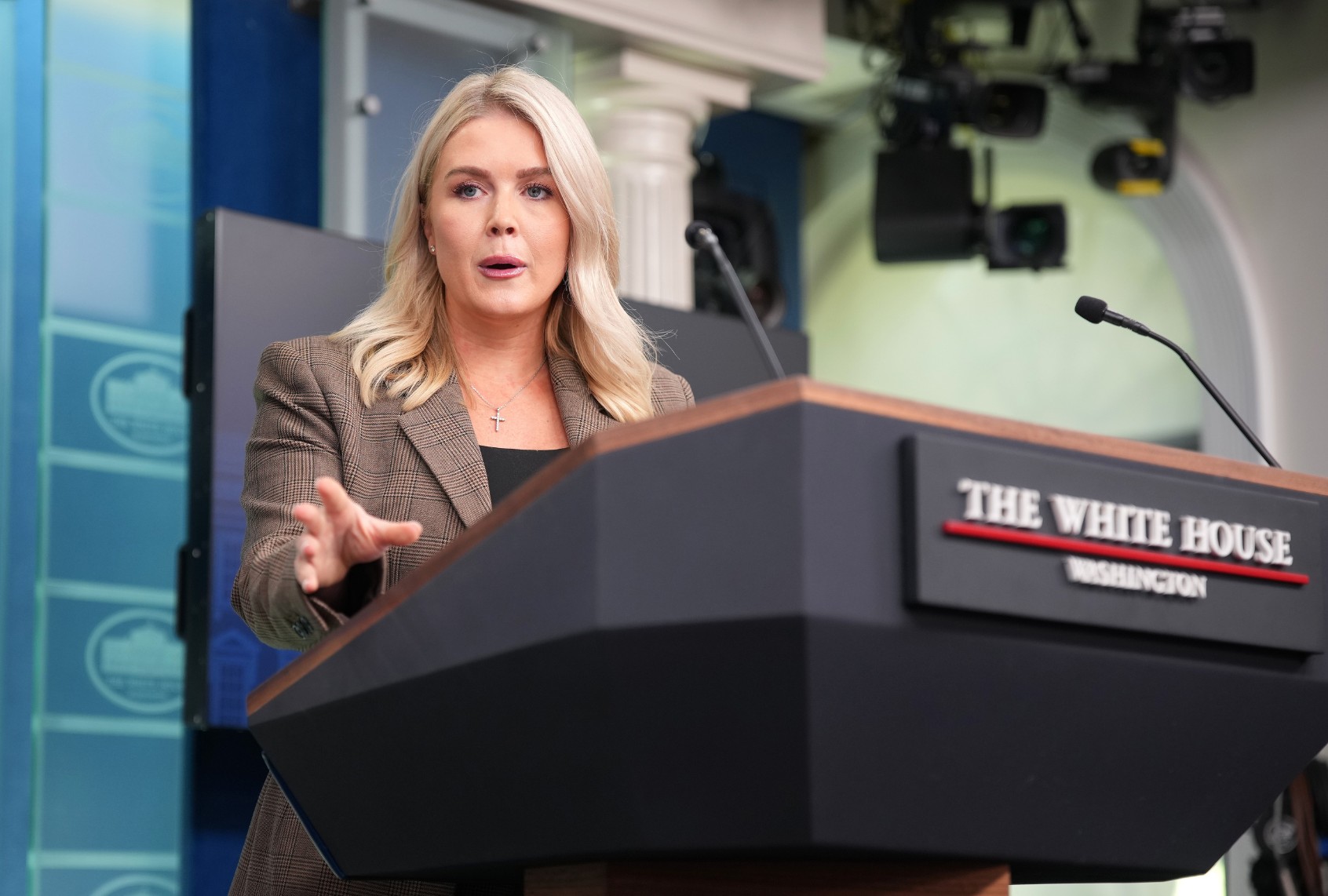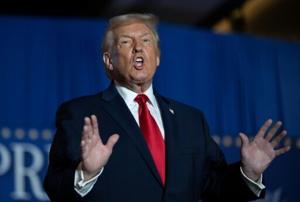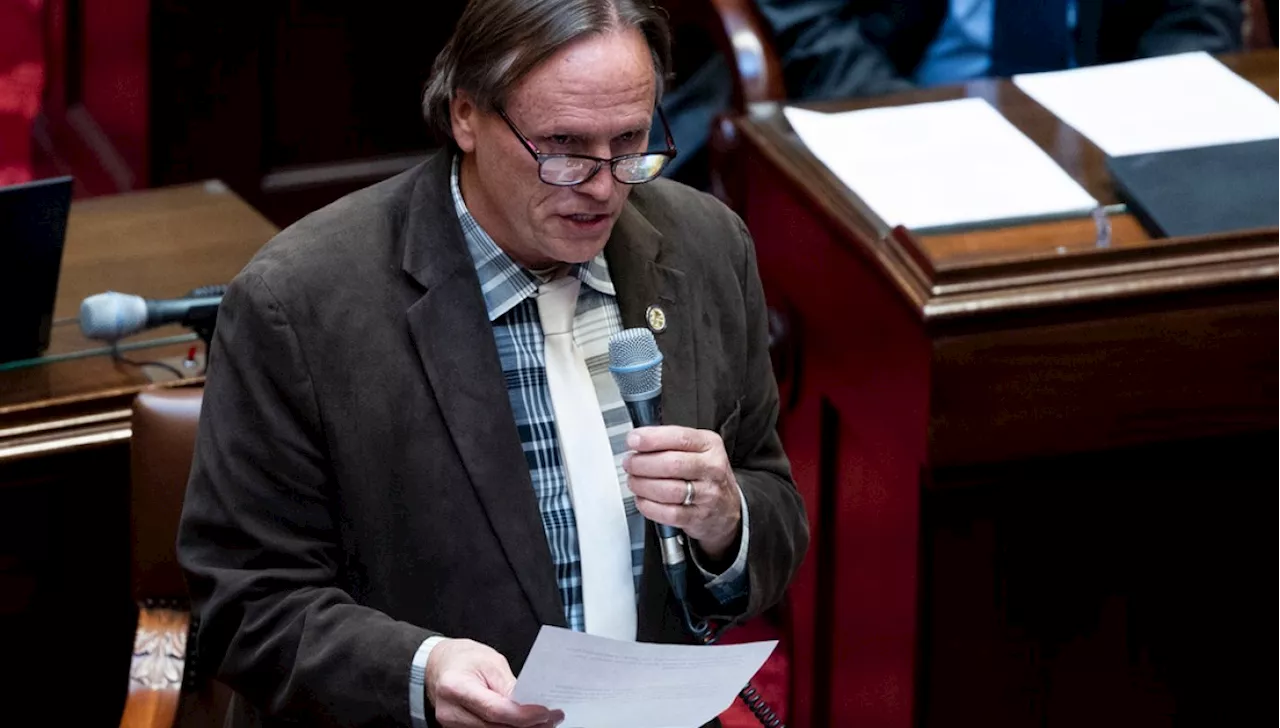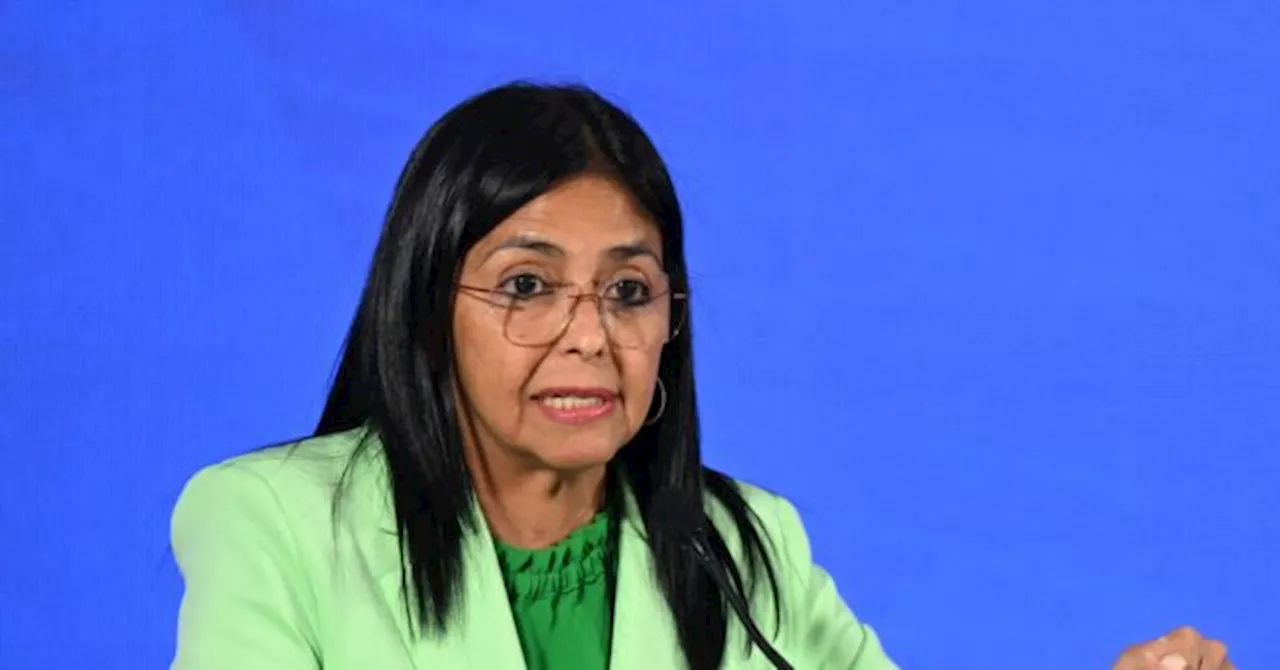Omar Fateh, a prominent mayoral candidate in Columbus, Ohio, recently made headlines during a campaign rally where he expressed his allegiance to Somalia. Known as the “Mamdani of Minneapolis,” Fateh waved the Somali flag and spoke passionately about his support for the country, despite being born in Washington, D.C. His remarks have sparked a mixture of support and criticism among attendees and observers.
Fateh’s rally took place in a vibrant area of Columbus, which is home to one of the largest Somali populations in the United States. The event drew attention as he encouraged attendees to connect with their heritage, declaring, “We believe in Somalia.” This statement resonated particularly with many in the crowd, including children dressed in colors representing the Somali flag.
Community Response and Cultural Significance
The atmosphere at the rally was charged with enthusiasm, reflecting the tight-knit Somali community’s pride. An attendee noted the strong cultural identity present in Columbus, similar to that of Minneapolis, often referred to as “Little Somalia.” A local restaurant, frequently bustling with Somali patrons, serves as a gathering place, illustrating the community’s integration and vibrancy. According to the Associated Press, the city is known for its rich Somali culture, enhanced by the aromas of East African cuisine that permeate the area.
Despite the positive reception from some, Fateh’s statements have raised concerns among critics who argue that a focus on foreign allegiance may be inappropriate for a political candidate in the United States. The discussion has sparked debates about loyalty and identity, particularly regarding the responsibilities of elected officials.
Some critics voiced their opinions on social media, questioning the implications of Fateh’s statements on his eligibility for office. Notably, there are legal stipulations for public officials in the U.S., requiring them to pledge allegiance solely to the country, which adds complexity to the conversation surrounding his comments.
Broader Implications for Somali Americans
Fateh’s rally and the accompanying discourse highlight the evolving landscape for Somali Americans in politics. As more individuals from this community run for office, the implications of their dual identities will likely continue to unfold. The increasing visibility of Somali Americans in political spaces is a notable trend, with various candidates stepping forward to represent their communities.
The growing involvement of Somali Americans in local and state elections underscores a shift in the political dynamics of areas with significant immigrant populations. This development not only enriches the political fabric but also raises questions about the balance between cultural heritage and national identity.
As the campaign progresses, it will be crucial to observe how Fateh and other candidates navigate their cultural ties while addressing the needs of their constituents. The outcome of the mayoral race in Columbus may serve as a bellwether for similar communities across the nation, reflecting broader trends in American politics and identity.

